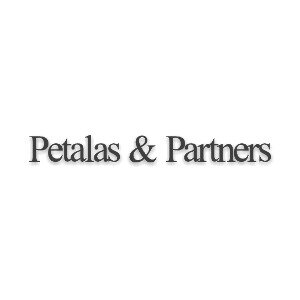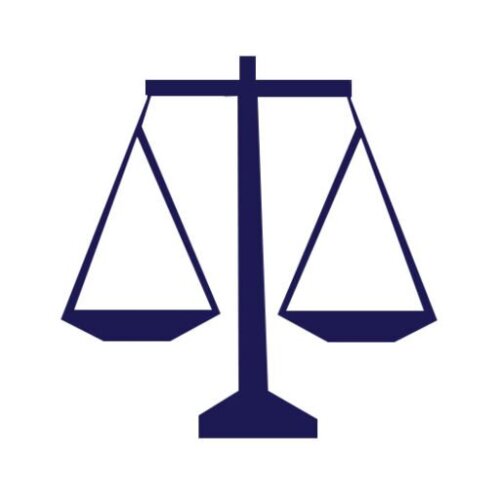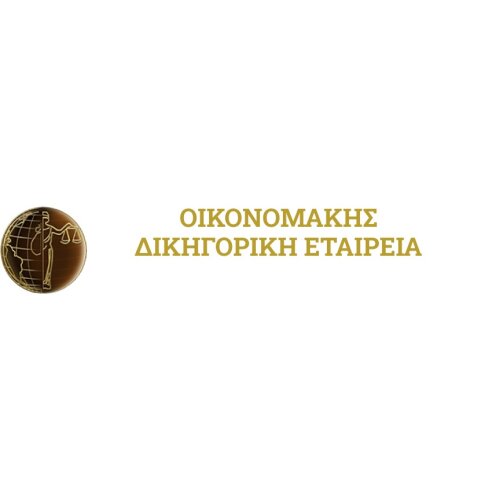Best Mining Law Lawyers in Greece
Share your needs with us, get contacted by law firms.
Free. Takes 2 min.
Or refine your search by selecting a city:
List of the best lawyers in Greece
About Mining Law in Greece
Mining law in Greece is a specialized area of law that governs the exploration, extraction, and management of mineral resources. These resources include metals, coal, industrial minerals, and aggregates found underground or at the surface. The law regulates both private companies and state entities engaged in mining activities, addressing everything from licensing and environmental protection to land use and taxation. Greek mining law is deeply influenced by both European Union regulations and domestic legal frameworks, making compliance essential for any entity involved in mining operations.
Why You May Need a Lawyer
There are several reasons why individuals or businesses may require the assistance of a legal professional with expertise in Greek mining law. Common situations include:
- Securing exploration or exploitation licenses for mineral resources
- Negotiating mining rights and managing leasing agreements
- Ensuring compliance with environmental and safety regulations
- Handling disputes between landowners and mining companies
- Participating in public tenders for mining concessions
- Dealing with regulatory inspections or enforcement actions
- Managing cross-border joint ventures and investments
- Assessing the impact of European Union directives on mining activities
A mining law lawyer can provide invaluable guidance, prevent costly legal errors, and represent your interests in court or before regulatory authorities.
Local Laws Overview
The primary legal framework for mining activities in Greece is the Mining Code, which was first established in 1973 and has since been amended to incorporate both national and European standards. Key aspects of Greek mining law include:
- Licensing: All exploration and exploitation of minerals require specific licenses and permits. Applicants must meet strict criteria regarding technical capacity and environmental protection.
- Land Ownership and Use: Mining activities can occur on private or public land. The rights to mine are distinct from surface land ownership rights.
- Environmental Regulation: Environmental Impact Assessments (EIAs) are mandatory for new mining operations. Ongoing monitoring is required to minimize ecological harm.
- Public Participation: Local communities often have opportunities to provide input during the licensing process, particularly regarding environmental concerns.
- Royalty Payments: Mining companies are subject to taxes, royalties, and fees based on the quantity and type of minerals extracted.
- Health and Safety: Strict standards protect workers and local communities from health hazards associated with mining.
- Compliance with EU Law: Greece follows wide-ranging European directives related to mining, environmental protection, and occupational health and safety.
Frequently Asked Questions
What types of minerals are covered under Greek mining law?
Greek law applies to metallic minerals, industrial minerals, aggregates, and certain construction materials. Precious metals, coal, and rare earth elements are also specifically regulated.
How do I obtain a mining license in Greece?
You must submit an application to the Ministry of Environment and Energy, including technical documentation, an Environmental Impact Assessment, and proof of financial and technical capacity. Approval involves both national and regional authorities.
Are foreign companies allowed to participate in mining activities?
Yes, foreign companies may operate in Greece either by establishing a domestic company or through local partnerships, provided they meet the necessary legal requirements.
Is environmental approval always required for mining projects?
Yes, all mining projects require environmental approval, which includes the submission and approval of an Environmental Impact Assessment (EIA).
How are disputes between landowners and mining companies resolved?
Disputes are usually resolved through negotiation and mediation, but may escalate to administrative or civil courts if no agreement can be reached.
What are the main taxes or royalties paid by mining companies?
Mining companies pay royalties based on production volume and mineral type. Other financial obligations may include corporate income tax and special fees set by national or local authorities.
Can individuals object to new mining projects?
Yes, individuals and local communities can raise objections during the public consultation phase of the environmental licensing process.
Is rehabilitation of mined areas mandatory?
Yes, mining operators are legally required to restore and rehabilitate mined land after operations cease, according to specific environmental standards and approved plans.
How does Greek law address health and safety in mining?
Greek law imposes strict health and safety regulations on mining activities, mirroring those of the European Union, with regular inspections and penalties for non-compliance.
What happens if a company fails to comply with mining laws in Greece?
Non-compliance can result in the revocation of licenses, fines, suspension of activities, or even criminal charges, depending on the severity of the violation.
Additional Resources
For more information and official guidance, consider the following resources:
- Ministry of Environment and Energy (YΠEN) - Responsible for licensing and regulation of mining activities.
- Institute of Geology and Mineral Exploration (IGME) - Provides geological data and technical support for mining projects.
- Hellenic Federation of Enterprises (SEV) - Offers resources and support to private companies in the mining sector.
- Local Chambers of Commerce - Serve as additional sources for business and regulatory information.
- Environmental NGOs - Can provide community perspectives and guidance on environmental compliance.
Next Steps
If you need legal assistance in the field of mining law in Greece, consider the following actions:
- Document your situation thoroughly, including any correspondence, contracts, or official notices related to your mining interests.
- Research and contact a lawyer or law firm specializing in mining and natural resources law in Greece.
- Prepare a list of specific questions and concerns to discuss during your initial consultation.
- Gather supporting documents, such as permits, site maps, environmental assessments, and any relevant business agreements.
- Stay informed about changes in national and European legal frameworks that could impact your mining activities.
Acting promptly and seeking professional legal advice can help protect your rights and ensure compliance with Greek mining laws.
Lawzana helps you find the best lawyers and law firms in Greece through a curated and pre-screened list of qualified legal professionals. Our platform offers rankings and detailed profiles of attorneys and law firms, allowing you to compare based on practice areas, including Mining Law, experience, and client feedback.
Each profile includes a description of the firm's areas of practice, client reviews, team members and partners, year of establishment, spoken languages, office locations, contact information, social media presence, and any published articles or resources. Most firms on our platform speak English and are experienced in both local and international legal matters.
Get a quote from top-rated law firms in Greece — quickly, securely, and without unnecessary hassle.
Disclaimer:
The information provided on this page is for general informational purposes only and does not constitute legal advice. While we strive to ensure the accuracy and relevance of the content, legal information may change over time, and interpretations of the law can vary. You should always consult with a qualified legal professional for advice specific to your situation.
We disclaim all liability for actions taken or not taken based on the content of this page. If you believe any information is incorrect or outdated, please contact us, and we will review and update it where appropriate.
Browse mining law law firms by city in Greece
Refine your search by selecting a city.















